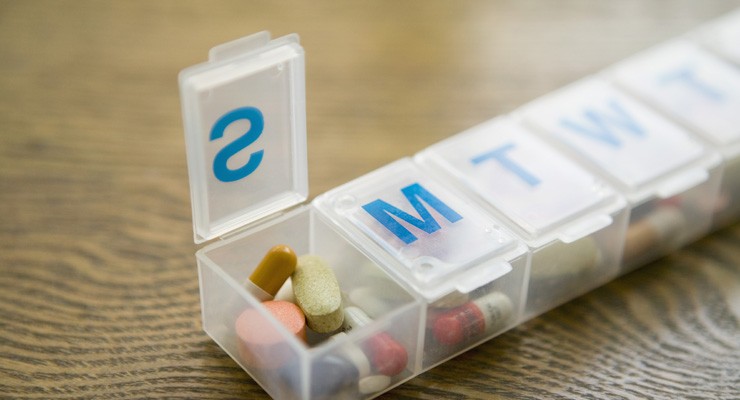It’s essential to take your medicine exactly as prescribed for managing chronic illnesses, treating temporary conditions, and overall long-term health and well-being. Medication adherence needs a personal connection with your healthcare provider or pharmacist
Such BuzzRx.com drug adherence issues include taking the wrong medication, taking medicine at the incorrect time, using an “old” medication for a new condition without consulting a doctor, taking someone else’s medication, or failing to take their medication and repeating the dose.
Medication is helpful in the treatment of illness, but it can also be dangerous if misused. Knowing that you take a blue pill and a yellow tablet twice a day isn’t enough. You must know your medications’ names and be familiar with the critical aspects of how they operate.
Some drugs can cause serious side effects when combined with certain foods, other medications, or even food supplements. Take the time to educate yourself about the medication that has been prescribed for you. Don’t be afraid to ask your doctor or pharmacist for assistance with these questions.
Tips on How to Take your Medicine Easier
Follow your Doctor’s prescription Medication Schedule:
Adhering to your medications means taking your medications exactly as prescribed by your doctor. Hence, you must purchase it before you run out, either paying for it fully or discounted with the discount card. Non-adherence refers to failure to take medications as instructed.
Drug knowledge
There are a few things you can do to enhance your medication knowledge. It would be beneficial to learn about your drugs, what they are about, and how to take them properly. Begin by learning the names of the medicines you’re taking. Patients who learn their drugs’ names are more consistent with their regimen than those who only know medications by their color, size, or shape.
It would be easier for you to understand the verbal directions and any written prescription materials if you know your medications’ names. It would be safer for you to lookup more knowledge about your medications on the internet. It also allows you to have a more informed conversation about your medications with your doctor or pharmacist. Compliance with dosages and frequencies and knowledge of potential side effects are the keys to effective medicine use.
Many people do not obey their healthcare provider’s guidance about how to take drugs for several factors.
For example, not following the instructions, forgetfulness, taking several drugs with different regimens, experiencing adverse side effects, or the medication not working. Medication non-adherence may also be caused by cost.
Patients who cannot afford to fill their prescriptions can decide to take less than the recommended dose to extend the medication’s life. It’s important to follow your doctor’s instructions to get the best outcomes from your drugs.
Exact Instructions Must Be Followed
Take your drugs exactly as prescribed by your doctor, which means with or without food, at the appropriate time of day and until you’re told to stop. This is particularly true for people who are on antibiotics. If you don’t finish your prescription, you risk developing resistant bacteria, leading in the face of drug resistance.
Continue The Lines Of Communication Open
It’s the prescriber’s responsibility to hold you updated. Pharmacists, additionally the doctor, are an excellent source of information on drugs. Create a list of all other drugs you’re ingesting, from prescription, over-the-counter, herbal, and vitamin supplements, and tell your doctor about them.
Also, make a list of any side effects. Your doctor may be able to move you to a different medication to help you get rid of the unintended consequence.
Make It A Habit To Take Your Medications Regularly
People forget to obey doctor’s orders for a variety of reasons. Include taking your medication in your daily routine. For example, having breakfast or getting ready for bed. Alarm clocks and reminder applications for your cell phone can also be helpful.
Keep Them Hidden From View
place your prescribed medications where you’ll see them the most, such as on the kitchen counter or the nightstand. containers for regular dosing are another valuable item for keeping track of your medications (keep them out from children’s reach). filling it up at the start this week, and you’re ready to go.
Self-Education Is Important
check out reputable websites on every medical association to learn more about your drugs. knowing what you’re going to do with them and how they’re supporting your body may be enough to keep you going. remember that your pharmacist-in-charge is always available to respond to your prescription-related queries.
To Conclude
We recognize that adequately taking your drugs will help you avoid hospitalizations and preserve or improve your health. This entails taking your medication in the correct amount, at the correct time, and for the duration recommended by your healthcare provider. It also entails not running out of prescriptions by filling them on time.
If you don’t take your drugs as prescribed, they may not be as effective, and you might end up with more severe and expensive health issues.


